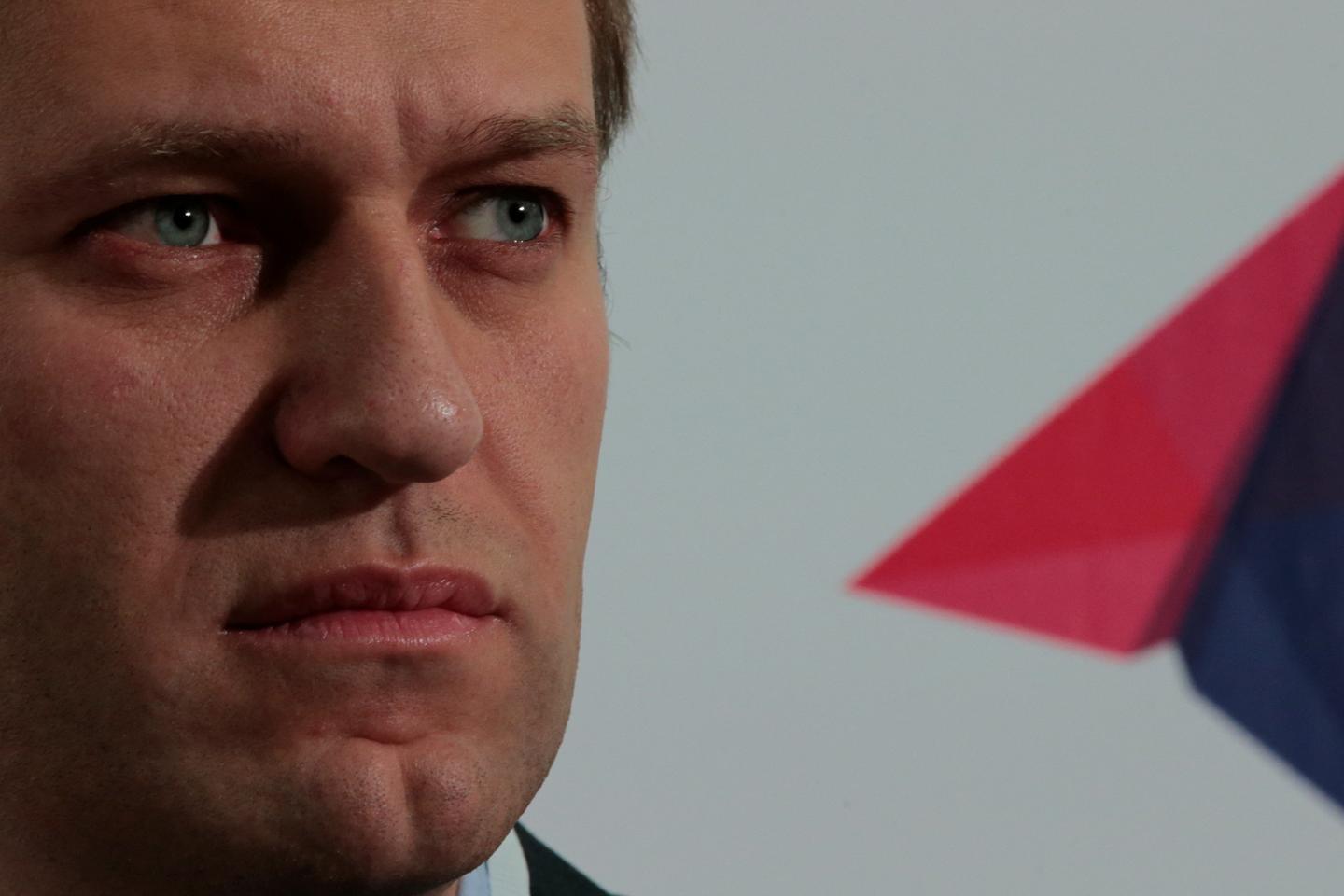


On my social media feeds this February 16, there were two worlds. On one side, my Russian contacts, stunned, grief-stricken and crushed by the news of the death of opposition figure Alexei Navalny in the penal colony where he was serving a sentence handed down by the repressive Russian apparatus. There were countless portraits of Navalny in photos taken at spontaneous commemoration sites where Russians had gone to pay their respects. On the other side was the thread of my Ukrainian contacts, crushed by worry and fatigue, seething with anger, sharing news from the front, commemorating civilians and soldiers killed in Russian strikes and collecting money to buy drones or military equipment. There was no trace of Navalny in these messages, apart from the occasional ironic comment on his death, using the kind of dark, cruel humor that is helping Ukrainians cope with war.
This deeply troubling discrepancy was not anecdotal. It revealed the complexity of relations between Ukrainians and Russians opposed to the war yet facing the same enemy, the Kremlin. Navalny has revealed a profound misunderstanding between the two groups, with divisions that go back much further than 2022.
Russians remember Navalny for his undeniable courage, his tenacity in opposing the Putin regime and his ability to instill faith in a brighter future. While his personality and political choices did not always win unanimous support in circles opposed to Putin, since his return to Russia in 2021, Navalny acquired a symbolic reputation that erased doubts and divisions. From prison, he had become the leader of the Russian opposition.
Ukrainians, however, have many things to criticize Navalny for. The first was his ambiguous position on Russia's annexation of the Crimean peninsula in 2014. While acknowledging a flagrant violation of international norms, the opponent had suggested on Echo of Moscow radio that Ukrainians should not be under any illusions: "Crimea will remain a part of Russia and will, for the foreseeable future, no longer be part of Ukraine." For Ukrainians, this position was tantamount to a de facto recognition of the annexation.
In-depth litigation
Although Navalny later sought to nuance his position, raising the idea of deciding the peninsula's fate in a referendum, Ukrainians were far from satisfied with this idea, which maintained the vision of Crimea populated by Russian citizens and erased the violent nature of the imposition of a Russian government there. It wasn't until 2022, already behind bars, that the Russian opponent radically modified his position, condemning the armed aggression led by Russia, and affirming his attachment to the territorial integrity of Ukraine within its 1991 borders, thus including Crimea and the self-proclaimed Donbas republics.
You have 53.45% of this article left to read. The rest is for subscribers only.
